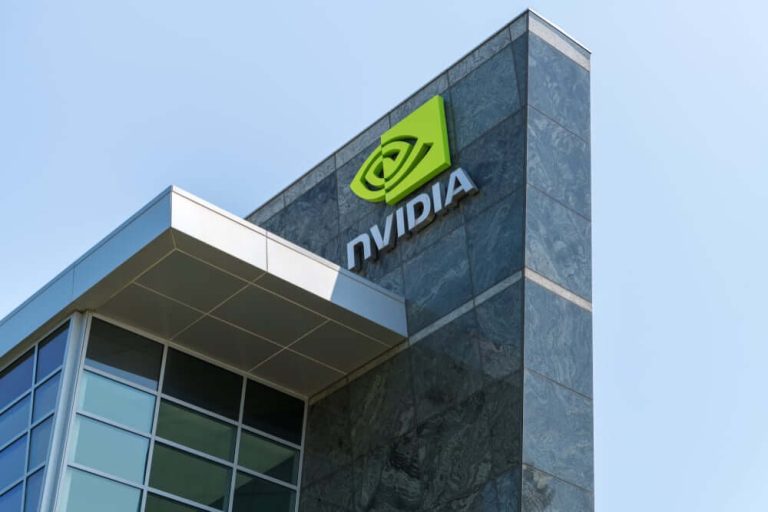quick look
- Nvidia has cemented its position as an AI powerhouse with a market cap of $2.2 trillion.
- The company's CUDA software platform, an important part of its ecosystem, has attracted more than 4 million global developers.
- An emerging alliance led by Qualcomm, Google, and Intel aims to challenge Nvidia's dominance.
Nvidia, a name synonymous with the forefront of the AI revolution, has achieved a staggering market cap of $2.2 trillion. This huge valuation also stems from its leading AI chips. It has become indispensable for creative AI developers that include startups and tech giants like Microsoft, OpenAI, and Alphabet, the parent company of Google. However, what sets Nvidia apart is not just its superior hardware, but nearly two decades of compiled computer code. This trove of software, central to the company's CUDA platform, has also intricately woven Nvidia into the fabric of the world. Artificial intelligence development.
Nvidia software superiority challenge
Amid Nvidia's seemingly invincible position, a coalition of tech giants, including Qualcomm, Google, and Intel, are organizing an ambitious challenge. Their goal? Nvidia's secret weapon: the CUDA software platform. The UXL Foundation is leading this initiative. It aims to disrupt Nvidia's grip on the world of AI development with an open source project leveraging Intel's OneAPI. This project seeks to create a variety of software and tools. What's more, it promises compatibility across countless AI accelerator chips.
The UXL Foundation's strategy includes creating a robust ecosystem that transcends the limitations of proprietary hardware. By the end of the year, the organization expects these technologies to be refined to a “mature” state. It will lay the foundation for a platform that supports contributions from a wide range of companies. This endeavor seeks to democratize the development of artificial intelligence. And also to entice cloud computing giants like Amazon.com and Microsoft's Azure, along with other chipmakers, to join this burgeoning alliance.
The Open Source Campaign: Democratizing AI Development
At the heart of UXL's mission is the ambition to alleviate computational bottlenecks currently monopolized by a few chip makers. By fostering an environment that welcomes technical contributions from both founding members and external parties, UXL is rapidly gaining momentum. The cornerstone of the initiative, Intel's OneAPI, now paves the way for a unified programming model designed specifically for AI, signifying a pivotal leap toward inclusivity in AI development.
As UXL embarks on its journey to redefine the AI landscape, it remains open to integrating Nvidia hardware and software in the future, signaling a potential shift toward a more collaborative, less monopolistic ecosystem. Nvidia's response to these developments, expressed by CEO Ian Buck, underscores recognition of the dynamic nature of accelerating computing. Buck's phrase, “The world is accelerating,” encapsulates the essence of a changing industry, driven by innovation and collaboration across the global ecosystem.
The collective endeavor to break new ground in AI development, led by the UXL Foundation, represents a critical juncture in the evolution of AI. This alliance not only challenges Nvidia's dominance by supporting open source solutions and promoting a community-based approach. It paves the way for a future where innovation thrives without restrictions. It also heralds a new era of technological empowerment and accessibility.

